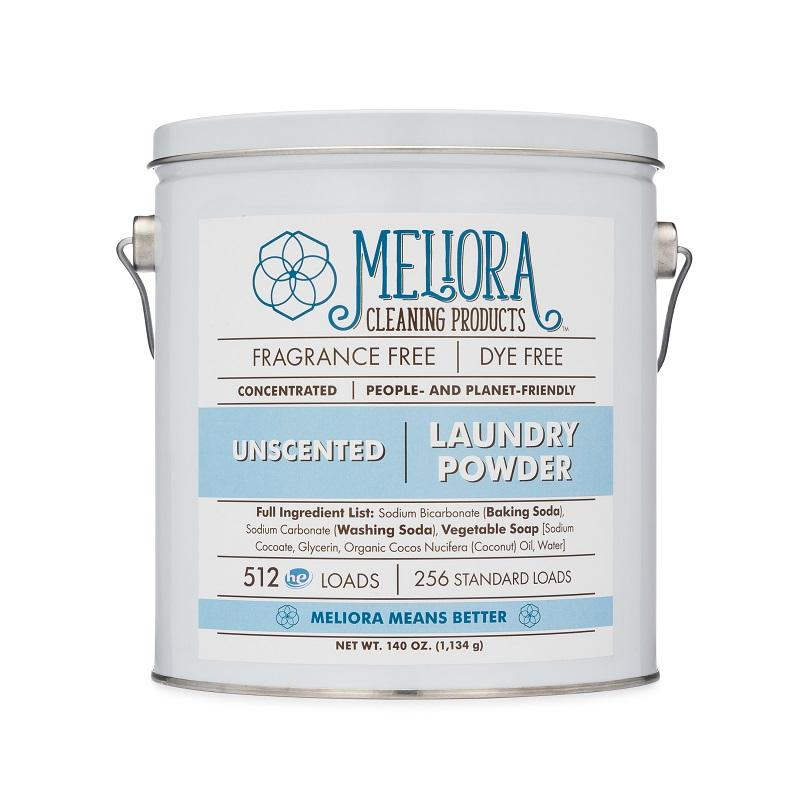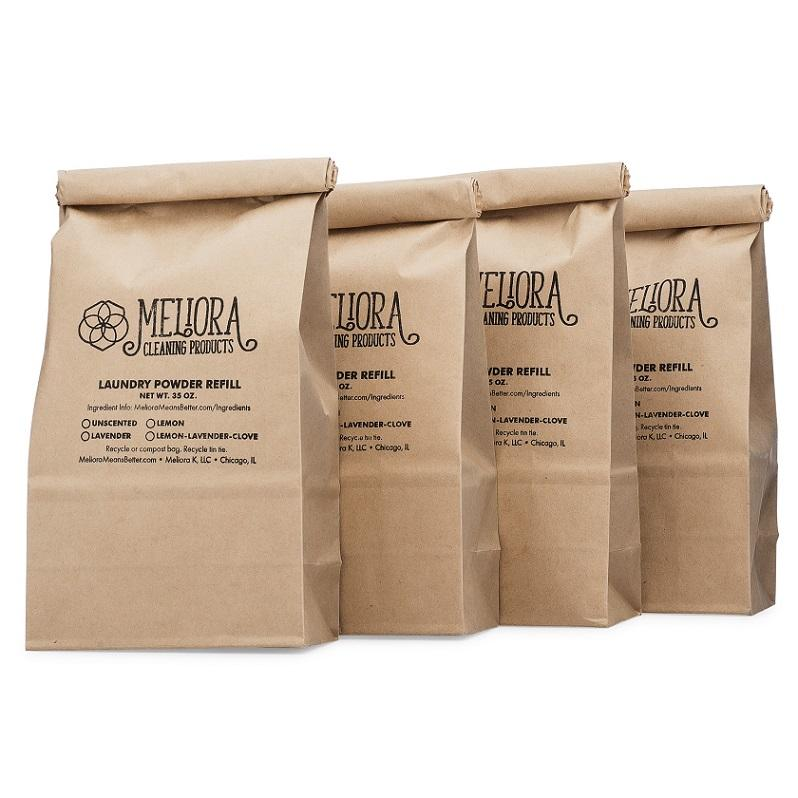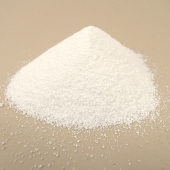
 10
10





 3
3




Visit Redhawk's soil series: https://permies.com/wiki/redhawk-soil
How permies.com works: https://permies.com/wiki/34193/permies-works-links-threads
 2
2




 8
8











 7
7




$10.00 is a donation. $1,000 is an investment, $1,000,000 is a purchase.
 6
6




r ranson wrote:
The second thing that comes across to me is the overwhelming sense of being overwhelmed. It feels like she and the family could have had more help and guidance learning what the alternatives are.
 3
3




Jay Angler wrote:Personally, I feel that a little dirt is healthy for our immune systems.
$10.00 is a donation. $1,000 is an investment, $1,000,000 is a purchase.
 3
3




 7
7




May contain ingredients with potential for respiratory effects; biodegradation; nervous system effects
May contain ingredients with potential for respiratory effects; biodegradation; nervous system effects






 6
6




 1
1




 5
5




 3
3




Learn more about my book and my podcast at buildingabetterworldbook.com.
Developer of the Land Notes app.
 3
3









 3
3




Cleaning: Baking Soda acts a cleaning agent because it is a mild alkali and can cause dirt and grease to dissolve easily in water for effective removal. When it is not fully dissolved, like when it is sprinkled on a damp sponge, Baking Soda is mildly abrasive and can lift dirt for easy removal as a gentle scouring powder. Since it’s gentle, Baking Soda is safe and effective as a cleaner for glass, chrome, steel, enamel and plastic. Because Baking Soda is a pure, natural product that is also a food, it is non-toxic, unlike many other household cleaners. It is safe to use around children and pets and is ideal for cleaning food preparation surfaces. In your home use Baking Soda to clean sinks, tubs, tile, microwaves, plastic containers, even teeth without scratching. Industrially, Baking Soda is used to clean large machinery and commercial kitchen equipment.
Buffering: Because of its chemical makeup, Baking Soda has unique capabilities as a buffer. Buffering is the maintenance of a stable pH balance, or acid-alkali balance. As a buffer, Baking Soda tends to cause acid solutions to become more basic and to cause basic solutions to become more acid, bringing both solutions to a stable pH around 8.1 (slightly basic) on the pH scale. A buffer also resists pH change in a solution, in this case maintaining a pH of 8.1. In this way Baking Soda can be used as an antacid in the human digestive system, neutralizing acids from acid indigestion and heartburn and relieving the associated discomfort. (See directions for this use on the Baking Soda box.) When used as a paste on skin or in the bath, Baking Soda soothes the irritation of poison ivy, insect bites, sunburn, and prickly heat. The natural buffering of Baking Soda also means that it’s a safe and natural way to maintain appropriate pH levels in pools, where stable pH keeps water quality at its best, and in septic tanks, where stable pH provides a healthy environment for the beneficial bacteria that break down wastes.
The washing soda acts as a water softener, which allows any detergent or soap to interact with dirts and fabrics instead of getting tied up in interactions with Calcium and Magnesium (hard water) ions. Washing soda is also alkaline, meaning it will raise the pH of the water. Higher pH water is more effective at cleaning. So, just as described on the commercially available boxes, it really is a ‘laundry booster’ in that it helps both the water and the soap do a better job of cleaning.
Bleaches (chlorine and oxygen) whiten and brighten fabrics and help remove stubborn stains. They convert soils into colorless, soluble particles that can be removed by detergents and carried away in the wash water. Liquid chlorine bleach (usually a sodium hypochlorite solution) can also disinfect and deodorize fabrics. Oxygen (colorsafe) bleach is more gentle and works safely on almost all washable fabrics.
 2
2




 24
24




 7
7




 1
1








 2
2




Viewing the world. Staying organic..a challenge.
 4
4




Never attribute to malice that which is explained by ignorance or the inability to listen
 8
8




Visit Redhawk's soil series: https://permies.com/wiki/redhawk-soil
How permies.com works: https://permies.com/wiki/34193/permies-works-links-threads

|
Hey, check out my mega multi devastator cannon. It's wicked. It makes this tiny ad look weak:
The new gardening playing cards kickstarter is now live!
https://www.kickstarter.com/projects/paulwheaton/garden-cards
|








